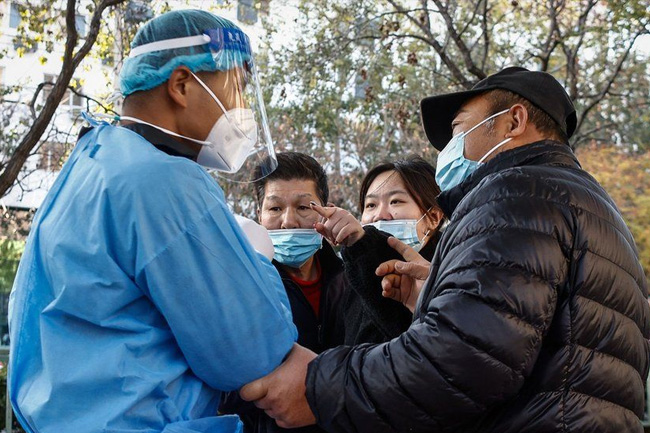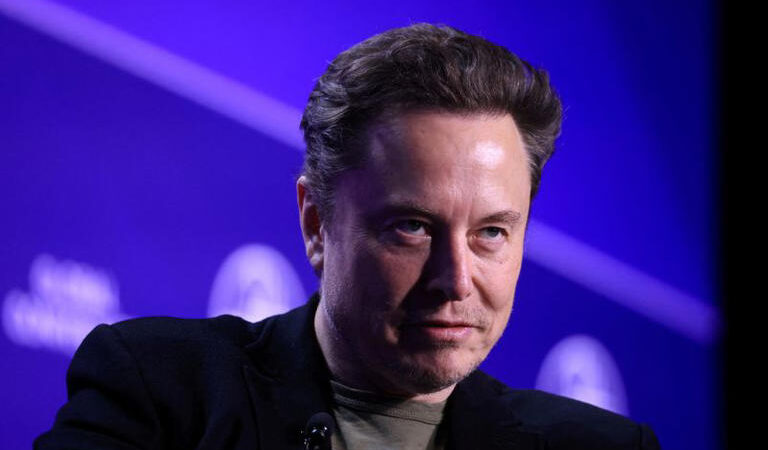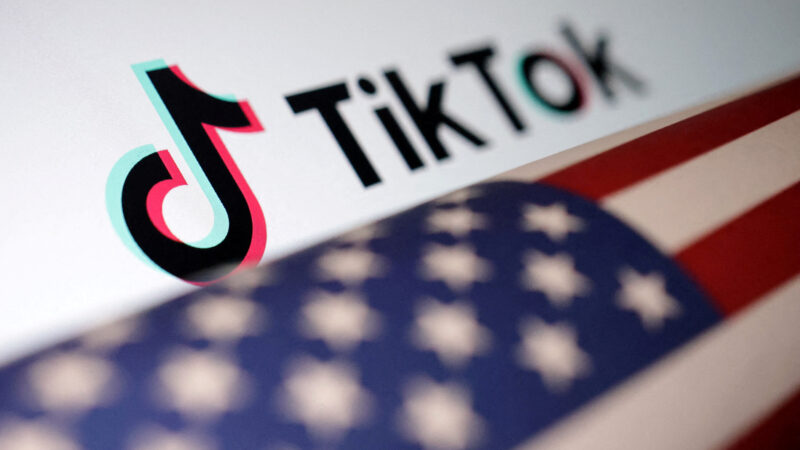Foxconn: iPhone maker apologises after huge protests at China plant

A day after being rocked by irate protests at its iPhone production in China, Apple supplier Foxconn has apologised for a “technical issue” in its payment processes.
Hundreds of employees were seen protesting against COVID restrictions and unpaid wages in videos taken at the world’s largest iPhone manufacturing facility in Zhengzhou.
Livestreamers of the demonstrations said that cops beat up workers.
One Foxconn employee said that the issue had been rectified by that point.
Due to the factory being locked down last month due to an increase in COVID cases, some employees fled and went home. The company then lured in fresh hires with the promise of sizable bonuses.
One employee, however, claimed that these contracts were altered so they “could not get the subsidy promised” and that they were quarantined without food.
Foxconn issued a statement on Thursday claiming that a “technical error occurred during the onboarding process” and assuring new hires that their pay was “the same as agreed [in the] official recruitment posters.”
The company claimed that it was in constant contact with the affected workers regarding pay and bonuses and that it was making every effort “to actively address the concerns and reasonable demands of employees.”
A worker added that he was due to receive an additional 2,000 yuan in addition to the 8,000 yuan ($1,120; £926) that he had received since. He continued by saying there were no more demonstrators and that he and his coworkers would go back to the Foxconn workplace.
The iPhone 14 Pro and Pro Max are among the products made by Apple at the Zhengzhou facility, which has over 200,000 workers.
Separately, on Thursday, authorities declared a city-wide lockdown, preventing anyone from leaving without first passing a COVID test. This order affected more than six million people in the city.
China has been urged by the International Monetary Fund (IMF) to reevaluate its “zero-COVID” strategy as its economic growth slows.
The gross domestic product (GDP) of the second-largest economy in the world decreased by 2.6% in the three months ending in June compared to the prior quarter.
Beijing was urged by the international financial organisation to boost vaccination rates and provide additional support for its property market, which is currently experiencing a crisis.
However, some analysts think China will not change its policies despite the IMF’s advice.






